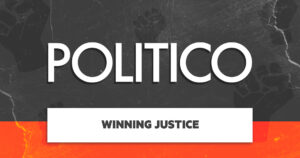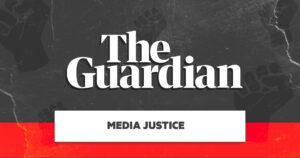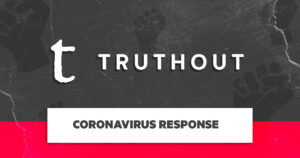
Fashion May Actually Become More Equitable, Thanks in Part to Joan Smalls
This articles talks about why the Black in Fashion Council was created and the launch of #ChangeFashion with supermodel Joan Smalls and talent agency IMG. Its aim is to make the fashion industry more equitable by wielding its economic and cultural power. A hallmark of #ChangeFashion is to make it easy for companies to make measurable progress with a roadmap for taking action. The first recommendation is to hire independent security for photo shoots and events rather than police. The others all focus on investment, into Black representation, portrayals, talent, careers, and communities.











